University Profiles

Abertay University
Explore Abertay University’s courses, tuition fees, rankings & admission process. Find your ideal program & apply now!

Aberystwyth University
Explore Aberystwyth University’s courses, tuition fees, rankings & admission process. Find your ideal program & apply now!

Anglia Ruskin University
Anglia Ruskin University (ARU) is a public university in East Anglia, United Kingdom. Its origins are in the Cambridge School of Art, founded by William John Beamont in 1858. It became a university in 1992 and was renamed after John Ruskin in 2005. It is one of the “post-1992 universities”.

Arts University Bournemouth
Arts University Bournemouth (abbreviated AUB) is a further and higher education university based in Poole, England, specialising in art, performance, design, and media. It was formerly known as The Arts University College at Bournemouth and The Arts Institute at Bournemouth and is the home of Bournemouth Film School

Aston University
Aston University (abbreviated as Aston. for post-nominals) is a public research university situated in the city centre of Birmingham, England. Aston began as the Birmingham Municipal Technical School in 1895, evolving into the UK's first College of Advanced Technology in 1956.Aston University received its royal charter from Queen Elizabeth II on 22 April 1966.
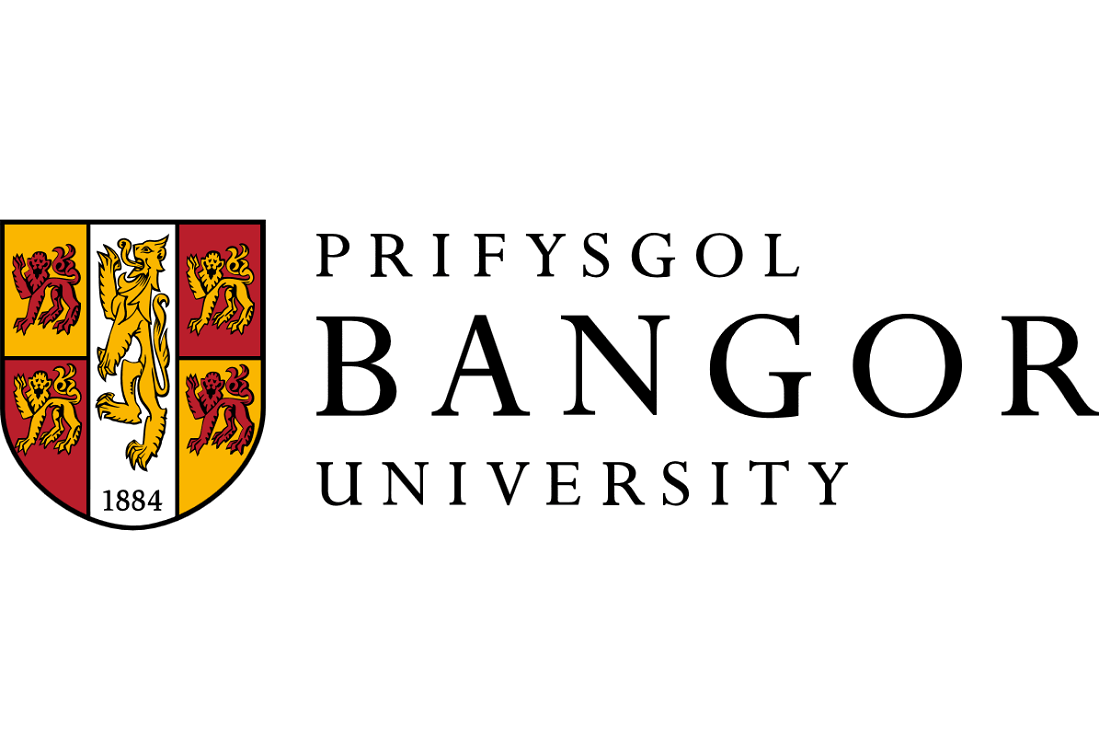
Bangor Business School
Bangor University (Welsh: Prifysgol Bangor) is a public university in Bangor, Wales. It received its Royal Charter in 1885 and was one of the founding institutions of the federal University of Wales. Officially known as University College of North Wales (UCNW), and later University of Wales, Bangor (UWB; Welsh: Prifysgol Cymru, Bangor), in 2007 it became Bangor University, independent from the University of Wales.
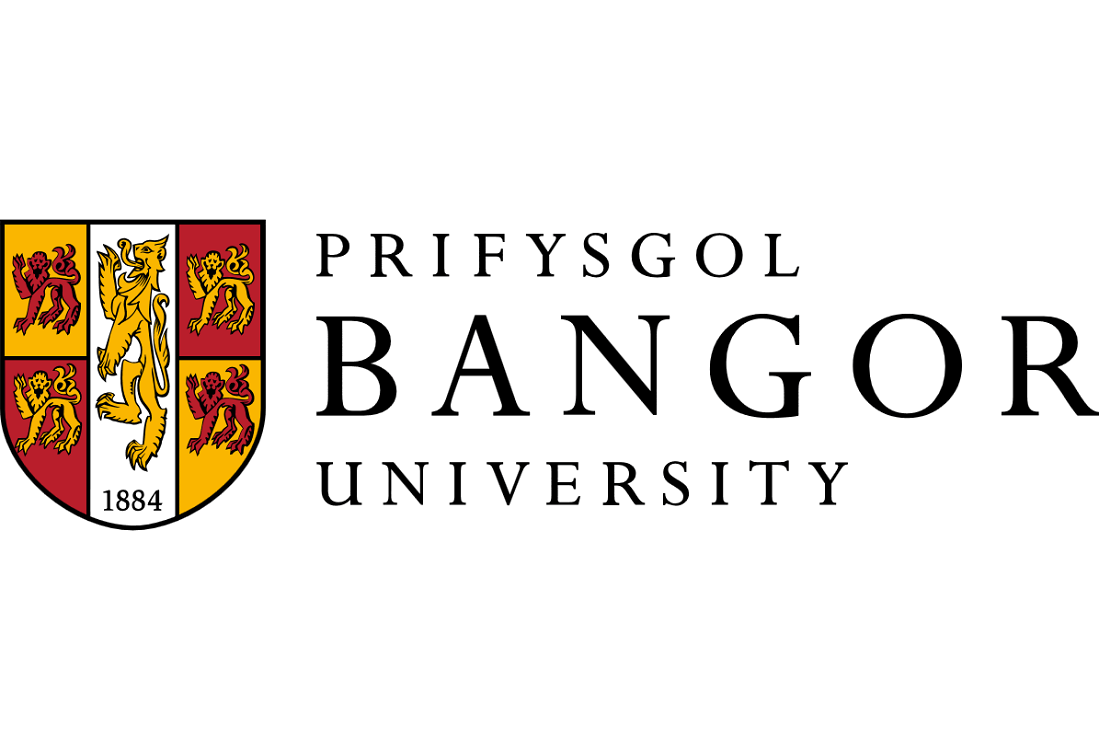
Bangor University
Bangor University (Welsh: Prifysgol Bangor) is a public university in Bangor, Wales. It received its Royal Charter in 1885 and was one of the founding institutions of the federal University of Wales. Officially known as University College of North Wales (UCNW), and later University of Wales, Bangor (UWB; Welsh: Prifysgol Cymru, Bangor), in 2007 it became Bangor University, independent from the University of Wales.

Bath Spa University
Bath Spa University is a public university in Bath, England, with its main campus at Newton Park, about 3+1⁄2 miles (5.6 km) west of the centre of the city. The university has other campuses in the city of Bath, and one at Corsham Court in Wiltshire.
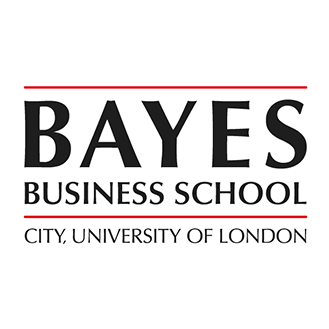
Bayes Business School
Bayes Business School, formerly known as Cass Business School, is the business school of City, University of London, located in St Luke's, just to the north of the City of London. It was established in 1966, and it is consistently ranked as one of the leading business schools in the United Kingdom.

Birkbeck University of London
Birkbeck, University of London (formally Birkbeck College, University of London), is a public research university, located in Bloomsbury London, England, and a member institution of the federal University of London. Established in 1823 as the London Mechanics' Institute by its founder, Sir George Birkbeck, and its supporters, Jeremy Bentham, J. C. Hobhouse and Henry Brougham, Birkbeck is one of the few universities to specialise in evening higher education in the United Kingdom.

Birmingham City University
Birmingham City University (abbrev. BCU) is a university in Birmingham, England. Initially established as the Birmingham College of Art with roots dating back to 1843,[4] it was designated as a polytechnic in 1971 and gained university status in 1992. The university has three main campuses serving four faculties, and offers courses in art and design, business, the built environment, computing, education, engineering, English, healthcare, law, the performing arts, social sciences, and technology. A £125 million extension to its campus in the city centre of Birmingham, part of the Eastside development of a new technology and learning quarter, is opening in two stages, with the first phase having opened in 2013.[5][6] It is the second largest of five universities in the city, the other four being the University of Birmingham (which is the largest), Aston University, University College Birmingham and Newman University.[7] Roughly half of the university's full-time students are from the West Midlands, and a large percentage of these are from ethnic minorities. The university runs access and foundation programmes through an international network of associated universities and further education colleges, and has the highest intake of foreign students in the Birmingham area

Bournemouth University
Bournemouth University is a public university in Bournemouth, England, with its main campus situated in neighbouring Poole. The university was founded in 1992; however, the origins of its predecessor date back to the early 1900s.

BPP University Limited
BPP University is a renowned private university in the United Kingdom. It offers specialisations in business, law and technology. The University gets its name from the founders Alan Brierley, Richard Price and Charles. BPP University is reputed for its practical exposure and high employability.

Brunel University London
Brunel University London is a public research university located in the Uxbridge area of London, England. It was founded in 1966 and named after the Victorian engineer Isambard Kingdom Brunel. In June 1966, Brunel College of Advanced Technology was awarded a royal charter and became Brunel "University". The "university" is often described as a British plate glass university. Brunel is organised into three colleges, a structure adopted in August 2014 which also changed the "university"'s name to Brunel "University" London. Brunel has over 16,150 students and 2,500 staff, and had a total income of £237 million in 2019–20, of which 30% came from grants and research contracts.[3] Brunel has three constituent Academic Colleges: the College of Business, Arts and Social Sciences; the College of Engineering, Design and Physical Sciences; and the College of Health, Medicine and Life Sciences. Brunel is a member of the Association of Commonwealth Universities, the European University Association, and Universities UK. The "university" is ranked as one of the top 400 universities in the world by QS World University Rankings 2022 and the Times Higher Education World University Rankings 2022. The "university" won the Queen's Anniversary Prize in 2011.


Canterbury Christ Church University
Canterbury Christ Church University (CCCU) is a public university located in Canterbury, Kent, England. Founded as a Church of England college for teacher training in 1962, it was granted university status in 2005.

Cardiff Metropolitan University
Explore Cardiff Metropolitan University – top UK courses, scholarships, rankings & admissions. Start your study abroad journey today!

Cardiff University
Explore Cardiff University’s top courses, tuition fees, rankings & admission process. Get all details to apply for your dream program today!
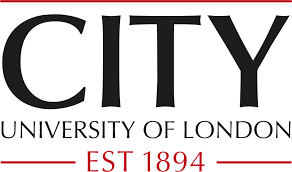
City St George's, University of London
City, University of London, is a public research university in London, United Kingdom, and a member institution of the federal University of London. It was founded in 1894 as the Northampton Institute, and became a university when The City University was created by royal charter in 1966.The Inns of Court School of Law, which merged with City in 2001, was established in 1852, making it the university's oldest constituent part. City joined the federal University of London on 1 September 2016, becoming part of the eighteen colleges and ten research institutes that then made up that university.

Coventry University
Coventry University in the West Midlands, is a globally recognised institution that blends academic excellence with affordability. With transparent tuition fees and a range of scholarships to ease the overall Coventry University cost, it stands out as a smart investment in your future. If you’re wondering why choose Coventry University, the answer lies in its industry-focused courses, diverse student community, and strong career outcomes.

Coventry University London Campus
Coventry University is a public research university in Coventry, England. The origins of Coventry University can be traced back to the founding of the Coventry School of Design in 1843. It was known as Lanchester Polytechnic from 1970 until 1987, and then as Coventry Polytechnic until the Further and Higher Education Act 1992 afforded its university status that year and the name was changed to Coventry University.

Cranfield University
Cranfield University is a British postgraduate public research university specialising in science, engineering, design, technology and management. Cranfield was founded as the College of Aeronautics (CoA) in 1946. Through the 1950s and 1960s, the development of aircraft research led to growth and diversification into other areas such as manufacturing and management, and in 1967, to the founding of the Cranfield School of Management. In 1969, the College of Aeronautics was renamed the Cranfield Institute of Technology, was incorporated by royal charter, gained degree awarding powers, and became a university. In 1993, it adopted its current name.
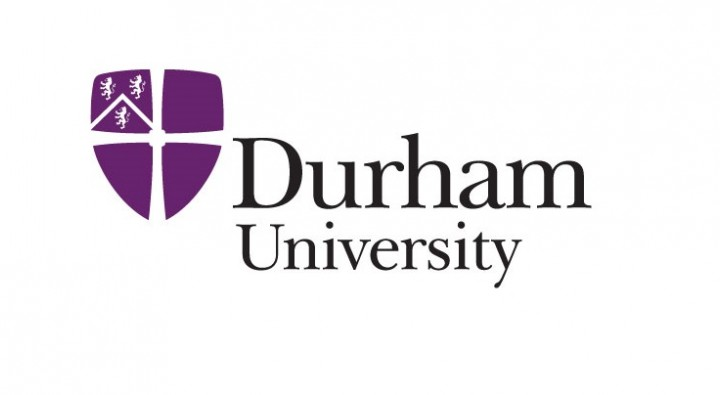
Durham University
Durham University (legally the University of Durham)[6] is a collegiate public research university in Durham, England, founded by an Act of Parliament in 1832 and incorporated by royal charter in 1837. It was the first recognised university to open in England for more than 600 years, after Oxford and Cambridge, and is thus one of the institutions to be described as the third-oldest university in England.[7][8] As a collegiate university its main functions are divided between the academic departments of the university and its 17 colleges. In general, the departments perform research and provide teaching to students, while the colleges are responsible for their domestic arrangements and welfare. The university is a member of the Russell Group of British research universities[9] after previously being a member of the 1994 Group. Durham is also affiliated with the regional N8 Research Partnership and international university groups including the Matariki Network of Universities and the Coimbra Group. The university estate includes 63 listed buildings, ranging from the 11th-century Durham Castle to a 1930s Art Deco chapel. The university also owns and manages the Durham World Heritage Site in partnership with Durham Cathedral. The university's ownership of the World Heritage Site includes Durham Castle, Palace Green, and the surrounding buildings including the historic Cosin's Library.[10] It was Sunday Times University of the Year for 2005,[11][12] and the Times and Sunday Times Sports University of the Year for 2015,[13] and was awarded a Queen's Anniversary Prize in 2018.[14] Durham University Student Volunteering and Outreach was awarded the Queen's Award for Voluntary Service in 2020

Edge Hill University
Edge Hill University is a campus-based public university in Ormskirk, Lancashire, England, which opened in 1885 as Edge Hill College, the first non-denominational teacher training college for women in England, before admitting its first male students in 1959.[3] In 2005, Edge Hill was granted Taught Degree Awarding Powers by the Privy Council and became Edge Hill University on 18 May 2006.
